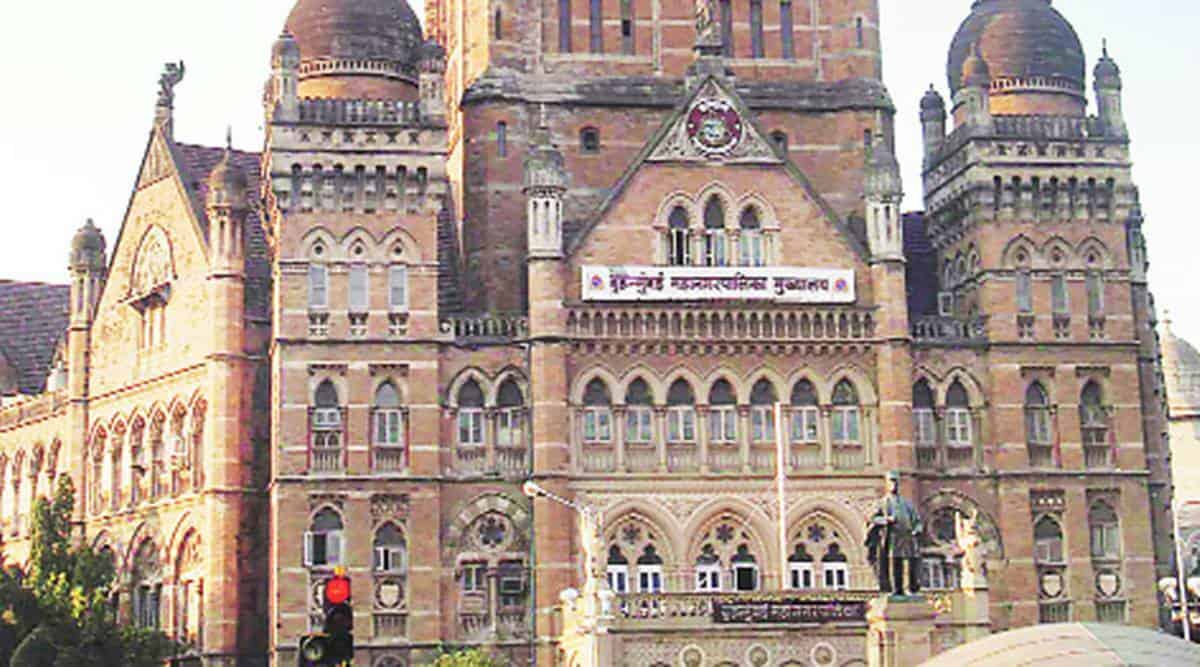The BMC had started a citizen survey seeking responses on the civic body’s waste management to prepare a vision plan for 2030.
With the aim of improving waste management in the city, the Brihanmumbai Municipal Corporation (BMC) plans to have a real-time dashboard that will display details of steps taken by the civic body in each administrative ward on garbage collection and disposal.
The dashboard will have information about the performance of bulk generators such as housing societies and commercial establishments in waste management. It will also have day-to-day updates on how much garbage each ward is generating, collection, segregation, disposal and initiatives taken by housing societies for treating their waste at source.
As per the data, currently, Mumbai generates 6,500 metric tonnes of garbage daily. According to the Solid Waste Management Rules, 2016, the corporation needs to achieve waste management at source, reducing the dependability on dumping grounds.
Part of the rules mandated that every bulk waste generator — which means housing societies or commercial establishments — having an area of more than 20,000 square meters or generating 100 kg waste daily should treat their waste in their premises.
“The idea of starting a real-time dashboard is to involve public participation. Anybody can view the city’s waste management details and alert BMC if the rules are being followed or not. For the success of effective waste management, citizens’ behavioural change is also important,” said Dr Sangeeta Hasnale, Deputy Municipal Commissioner, Solid Waste Management department.
To encourage housing societies to set up composting units, BMC launched a rebate in property tax — offering a 10 per cent rebate in overall property tax bills.
The BMC had also started a citizen survey seeking responses on the civic body’s waste management to prepare a vision plan for 2030. The BMC is now studying the nature of waste generated.
“The study will help us understand waste types and the measures required to handle it. In Mumbai each area has different challenges, and considering that we may have to prepare area-specific waste management plans,” said Hasnale.
According to the data, there are over 3100 bulk waste generators in the city. However, only about 50 per cent are complying with SWM Rules.
Packaging 360 is a comprehensive knowledge sharing ecosystem for the Indian packaging industry. Our services include an online content platform to deliver news, insights and case studies; organising conferences seminars and customised training; Providing Bespoke Project Consulting, Market Research and Intelligence.







